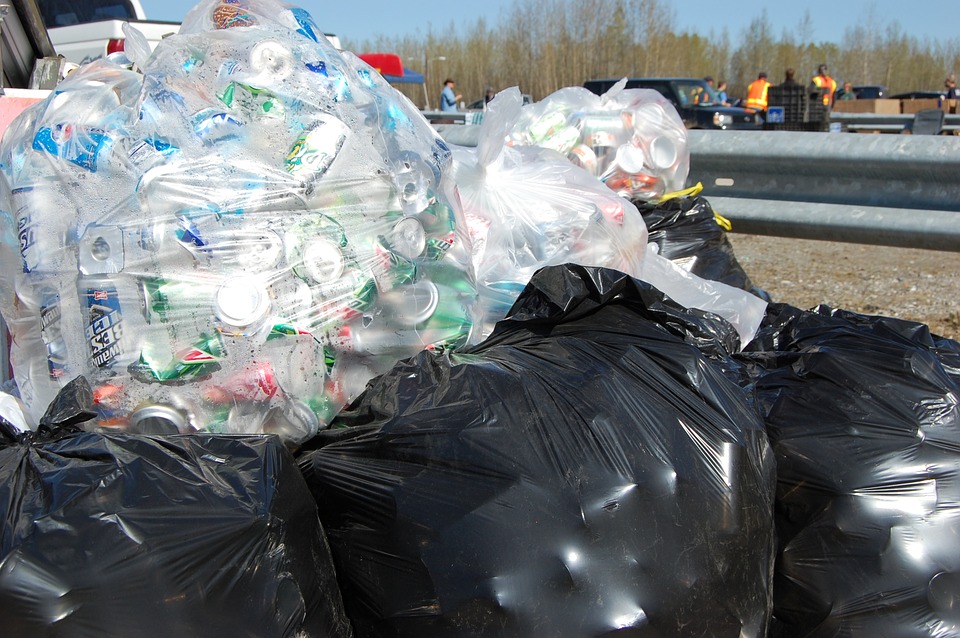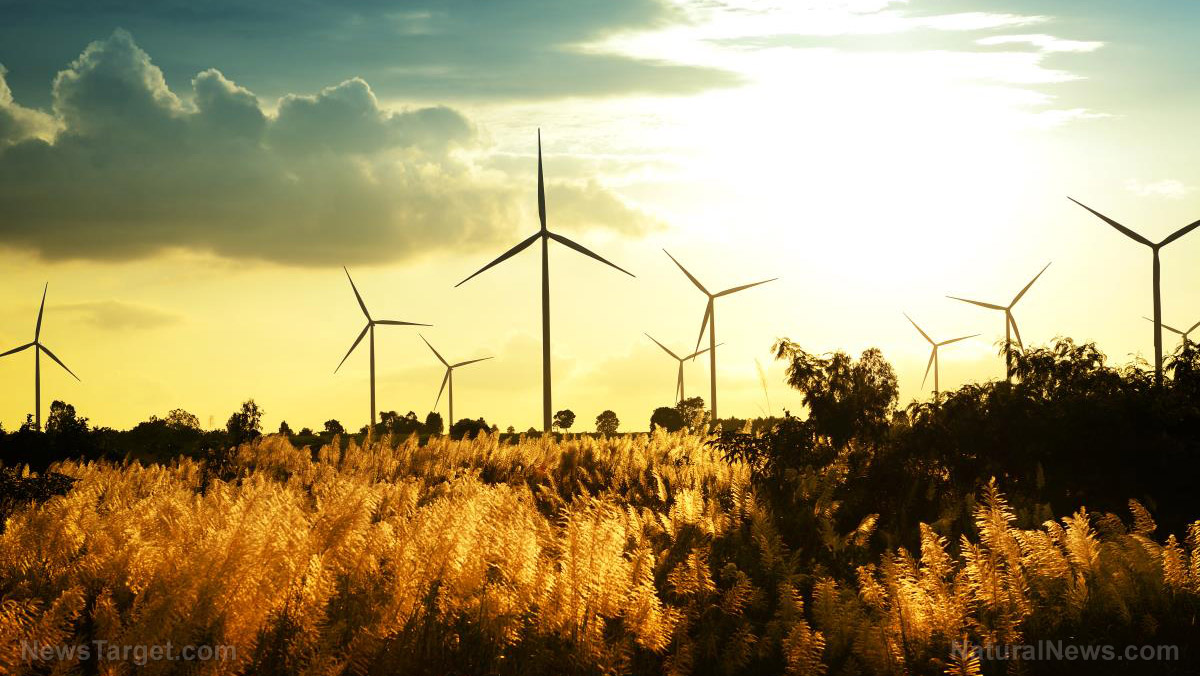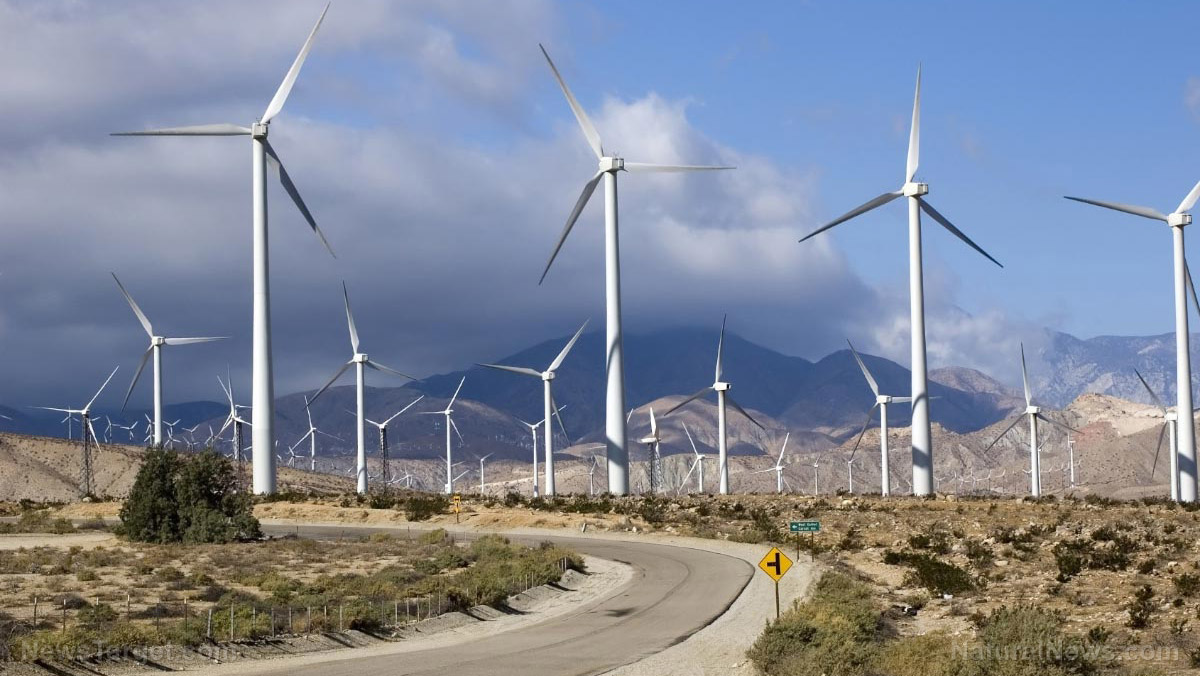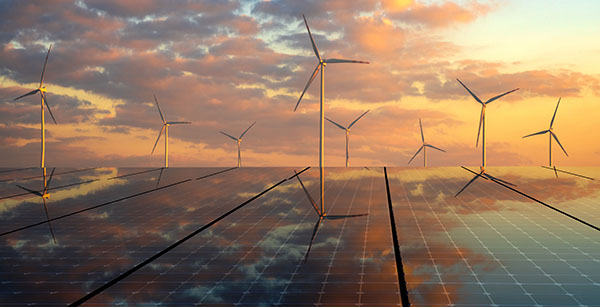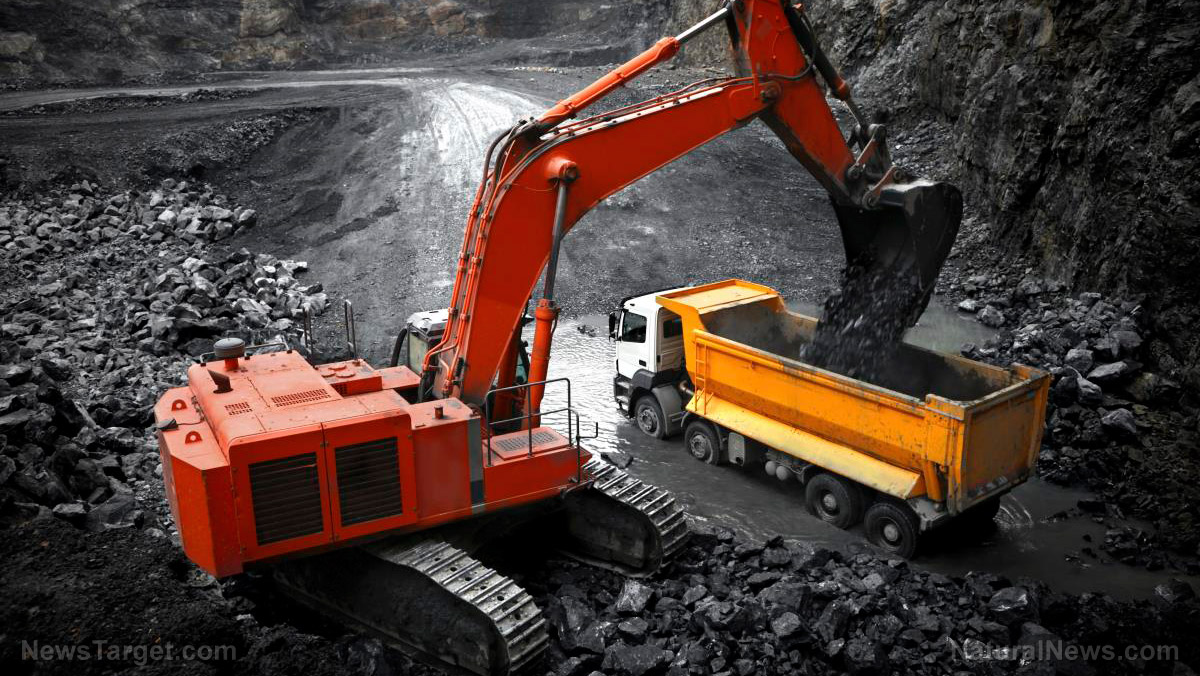They will be RARER soon: Rare earth magnet supply for wind power and EVs will fall 246,000 tons short by 2040
05/11/2023 / By Cassie B.

The push for alternative energy is expected to cause worldwide demand for some rare earth minerals to rise dramatically, and a new report is warning that the supply will fall dramatically short in the next few years.
According to Adamas Intelligence, the global demand for NdFeB magnets is expected to grow at a compound annual growth rate (CAGR) of 7.5 percent. This will be driven largely by double-digit growth in the wind power and electric car sectors. As a result, the demand for the rare earth elements that are associated with these magnets – terbium, didymium and dysprosium – is also expected to rise significantly.
Rare earth elements are those belonging to a group of 17 metallic elements that play a prominent role in modern technology. Rather than being rare in the strictest sense of the word, they are very difficult to extract from the earth as they are often mixed with other minerals; refining them can also be challenging. The high magnetization of many rare earth elements makes them suitable for electronics manufacturing.
The Adamas Intelligence forecast was developed based on current trends. The global consumption of these magnets rose 1.9 percent year over year in 2022 in the wake of regional pandemic challenges and global economic struggles.
Adamas is predicting an annual undersupply of NdFeB magnets of 60,000 tonnes by 2030 and 246,000 tonnes by 2040. Meanwhile, NdPr oxide is expected to see an undersupply of 90,000 tonnes by 2040 as a result of insufficient supply sources.
The report stated: “Adamas Intelligence forecasts that the value of global magnet rare earth oxide consumption will increase five-fold by 2040, from an estimated US $10.8 billion this year to US $56.7 billion by 2040.”

Electric vehicles and alternative power driving a high demand for minerals
Experts have long been warning about this scenario. After all, the typical electric car needs six times the amount of mineral inputs of its conventional counterpart, while offshore wind turbines require nine times as much mineral inputs as a standard gas-fired power plant.
This is according to the International Energy Agency, which estimates that if the world does manage to build the renewable energy needed to meet the goals of the 2015 Paris agreement, the demand for minerals could double or even quadruple within the next two decades. Lithium will be needed for batteries, zinc will be needed for wind turbines, silicon will be needed for solar panels, and copper will be needed for power lines, to name just a few.
Complicating matters further is the fact that China is dominating the processing of our planet’s critical minerals, accounting for 80 percent of the rare earth metals processed, along with 60 percent of cobalt and 50 percent of lithium. The U.S. depends on imports for roughly half of the minerals it consumes.
China has sometimes restricted exports, causing prices to spike and leading to shortages. Moreover, the use of rare earth elements in military equipment poses national security issues for countries that get their supply from China.
Another issue is the environmental impact of mining and processing rare earth elements. Although proponents of alternative energy paint it as an eco-friendly path forward, mining and processing the elements needed to produce these energies causes radioactive waste, water pollution and other environmental problems.
Elon Musk recently announced that Tesla, who has been using neodymium and praseodymium to produce their motors, plans to eliminate the use of rare earth magnets from their next generation of electric vehicles due to their high toxicity during mining as well as supply concerns.
Sources for this article include:
Submit a correction >>
Tagged Under:
This article may contain statements that reflect the opinion of the author




